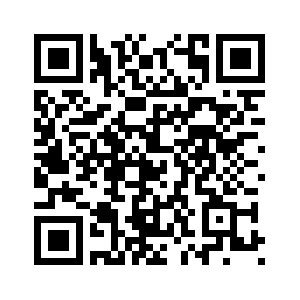Xinhua Commentary: A protectionist Washington detrimental to global free trade
Source: Xinhua
Editor: huaxia
2024-12-24 20:05:15
by Xinhua writer Li Binian
BEIJING, Dec. 24 (Xinhua) -- A self-styled champion of free trade, Washington repeatedly undermines the very principle it claims to uphold.
The U.S. Trade Representative (USTR) announced on Monday it was initiating an investigation into China's semiconductor industries and policies. Citing Section 301 of the Trade Act of 1974, widely identified as a relic from the Cold War era, the probe is a stark example of how Washington intends to manipulate global trade for its own geopolitical purposes, flagrantly disregarding multilateral trade rules.
The White House's assertion that the move is aimed at scrutinizing "China's targeting of foundational semiconductors (or legacy/mature node chips) for dominance and impact on the U.S. economy" is both unfounded and misleading.
A recent report from the U.S. Department of Commerce shows that Chinese-made chips constitute just 1.3 percent of the U.S. market share, and Chinese chip exports to the United States are significantly lower than imports from the United States.
In fact, Washington has provided substantial subsidies to its own chip industry through legislation such as the CHIPS and Science Act. It is also worth noting that U.S. semiconductor companies account for approximately 50 percent of the global market.
This blatant disregard for the facts makes the White House's claims about the so-called "threat" posed by China's semiconductor industry even more absurd and its political motivation more conspicuous.
By weaponizing trade policies, Washington wants to stifle the rise of any potential competitor in all key sectors, and retain unquestioned dominance in these high-tech industries. However, such acts will not hinder China's development in those fields. Even U.S. Commerce Secretary Gina Raimondo has admitted, "Trying to hold China back is a fool's errand."
While Washington has spent the past few years building "small yards and high fences" to protect its manufacturing industries, its protectionist tactics are actively destabilizing the very industries it seeks to protect. The semiconductor industry, one of the most interconnected sectors in the global economy, is particularly vulnerable to such reckless intervention.
By targeting China -- both a consumer and producer in semiconductors, Washington is creating unnecessary frictions in a market that can only thrive on cooperation and interdependence.
No wonder U.S. industry groups have already urged the White House to proceed carefully. Jason Oxman, president of the Information Technology Industry Council, said in a statement that it is "critically important that the administration conduct a thorough investigation and not prejudge the outcome."
The Section 301 investigation has once again revealed Washington's selfishness, shortsightedness as well as high-handedness. Decison-makers in Washington should heed the dangers of playing with fire. ■



